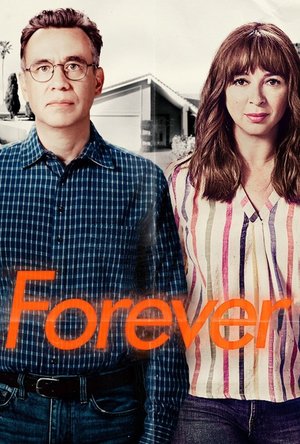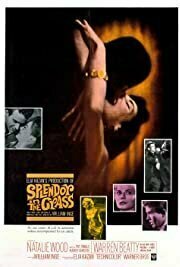
Splendor in the Grass (1961)
Movie
Bud (Warren Beatty) and his high school sweetheart, Deanie (Natalie Wood), are weighed down by their...

Easter Parade
Book
Even as little girls, Sarah and Emily are very different from each other. Emily looks up to her...
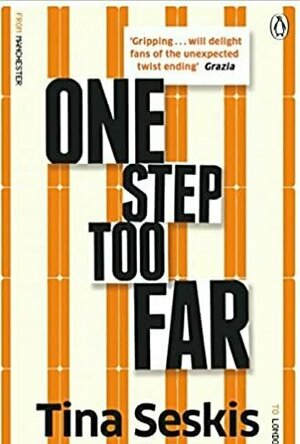
One Step Too Far
Book
From the bestselling author of HOME TRUTHS comes an absolutely unputdownable story of secrets and...

Amanda and Jack Go Glamping (2017)
Movie Watch
With his marriage and career against the ropes, dejected author Jack Spencer travels with his wife,...
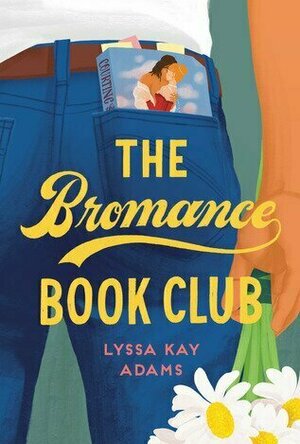
The Bromance Book Club
Book
When a major league baseball player's marriage is failing, he is approached by some teammates and...
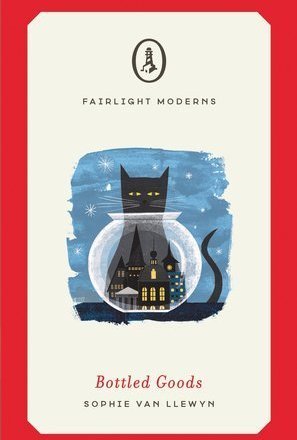
Bottled Goods
Book
When Alina’s brother-in-law defects to the West, she and her husband become persons of interest to...
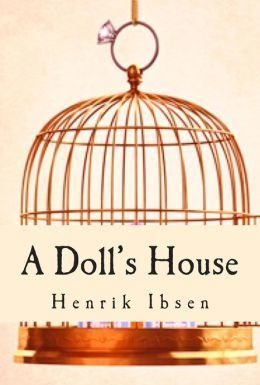
A Doll's House
Book
A Doll's House (1879), is a masterpiece of theatrical craft which, for the first time portrayed the...
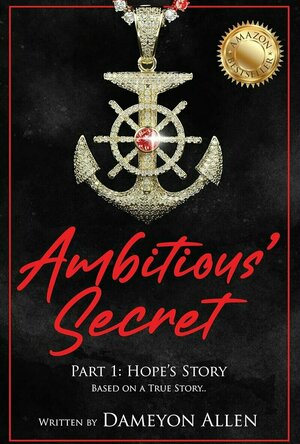
Ambitious' Secret
Book
Ambitious' Secret, follows the captivating journey of Hope, a determined young woman born into...
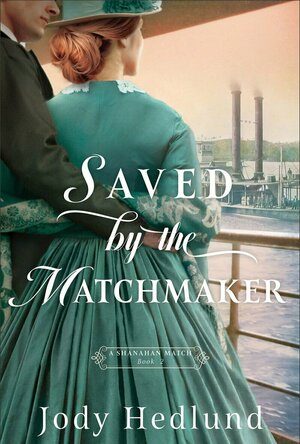
Saved by the Matchmaker (A Shanahan Match #2)
Book
Sullivan O'Brien, a steamboat captain committed to aiding enslaved people on their path to freedom,...
Historical Christian Romance Fiction
